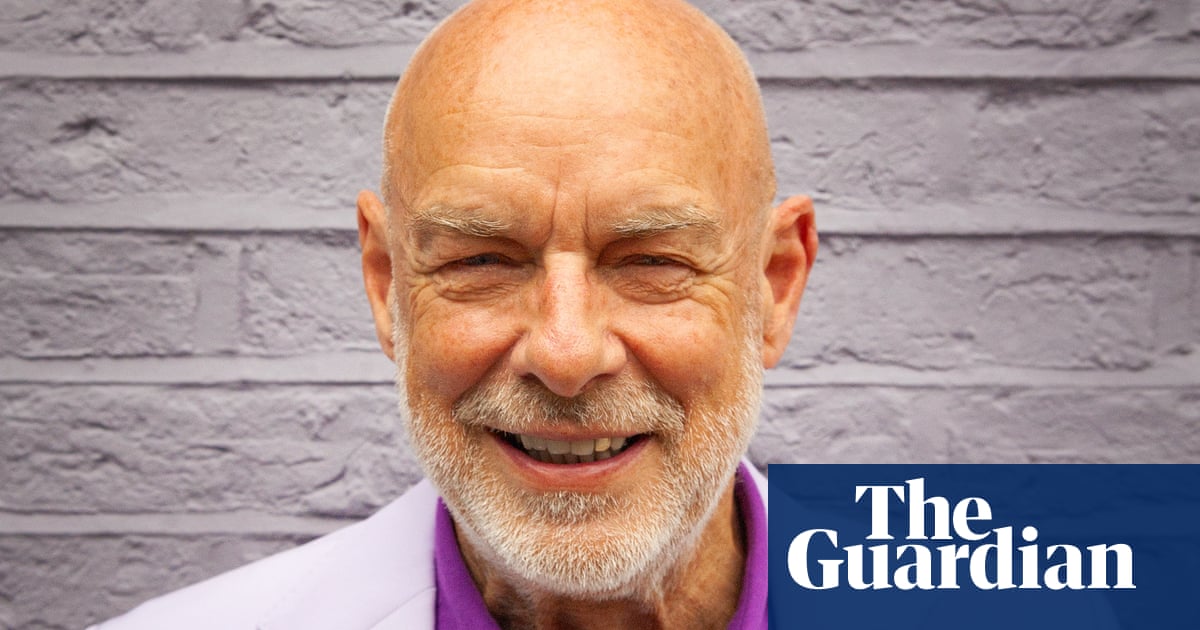Enormous budget overruns on the HS2 high-speed railway have been blamed by its new chief executive on a “rush to start”, as the Department for Transport admitted it did not know how much it would cost.
Mark Wild, the chief executive of HS2 Ltd, told MPs a “fundamental reset” was needed but a new plan would take until mid-2026 to devise. “We have to acknowledge that HS2 in its core mission to control costs has failed,” he said. “We must break the cycle.”
Speaking at a House of Commons public accounts committee hearing, Wild said HS2 had “systemic and enduring problems”, including contracts that passed the risk on to HS2 Ltd rather than the supply chain, and was still working to plans from 2019 rather than “an assured baseline that can be properly measured against”.
Wild said: “Construction started way too early. The rush to start before mature design consents was really, in retrospect, a mistake.” He added that HS2’s “activities are all out of synchronism – we must form a new baseline programme”.
Wild, who was brought into Crossrail to help deliver the east-west London line after delays and budget overruns, said he had then wanted six months to reset the Elizabeth Line programme but it had not proved enough. “The reality is it won’t be until mid-2026 until we’re here with an assured baseline.”
The DfT’s top civil servant, Dame Bernadette Kelly, told the committee that it did not “currently have an agreed cost estimate now for phase one”.
An update on Tuesday included a cost estimate of £54-66bn in 2019 prices – equating to £67-82bn at current prices – but Kelly said the department did not “regard it as a reliable and agreed cost estimate”. She admitted that it was “unacceptable”, but “with great regret, that is the situation”.
Although Wild implicitly criticised his predecessors over costs, he refused MPs’ invitation to apologise for a £100m “bat shed” built for HS2.
He said he understood the concerns and had visited the site in his first week. But, he said: “It’s a considerable engineering structure … [and] it’s our job to mitigate harm to protected species. I can’t apologise for complying with the law. It’s the most appropriate scheme and is built for 120 years. It’s a complex issue.”
Meanwhile, the DfT said it could future-proof Euston station in case future governments decided to extend the scope of the HS2 network. In October 2023, Rishi Sunak announced that Euston would have just six high-speed platforms instead of 10 or 11 after he axed the northern leg, a reduction apparently confirmed by the rail minister Peter Hendy in a parliamentary answer this week.
after newsletter promotion
The director general of major rail projects, Alan Over, said that six platforms would be sufficient for HS2 services currently planned from London to Birmingham, but they were considering safeguarding space for three to four more platforms.
Cost overruns at Euston have been scrutinised and heavily criticised by the National Audit Office and the public accounts committee, with the budget for rebuilding the HS2 station alone likely to reach £5bn.
Over said that plans needed to encompass redevelopment of the existing mainline station – “a time-expired asset” – plus the underground station “and, crucially, the commercial and housing developments” which the last government hoped would fund construction. “The Euston dilemma is solving that holistically – our problem in the past was solving every part separately and hoping they fit together,” he added.

.png) 3 weeks ago
8
3 weeks ago
8













































